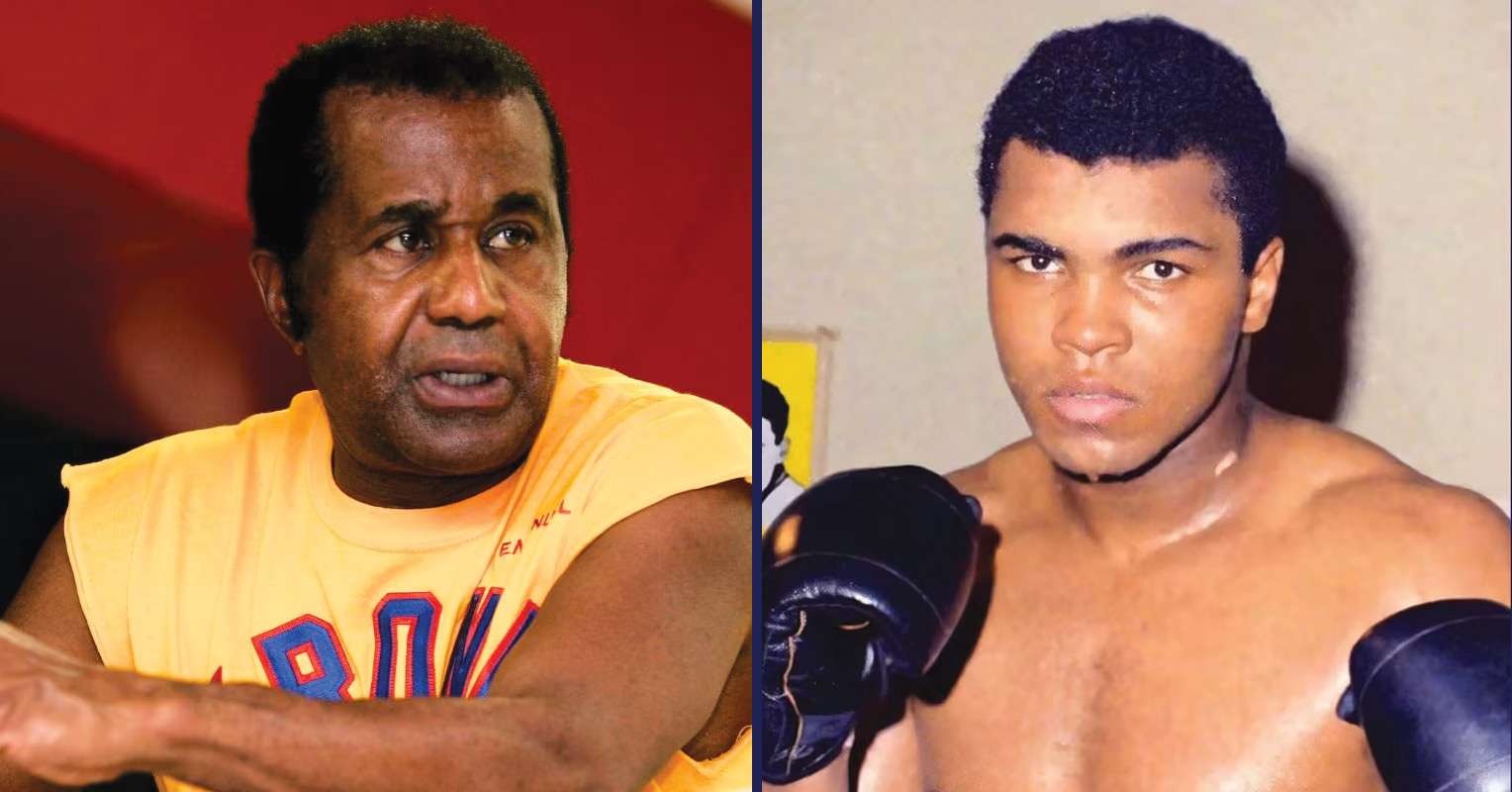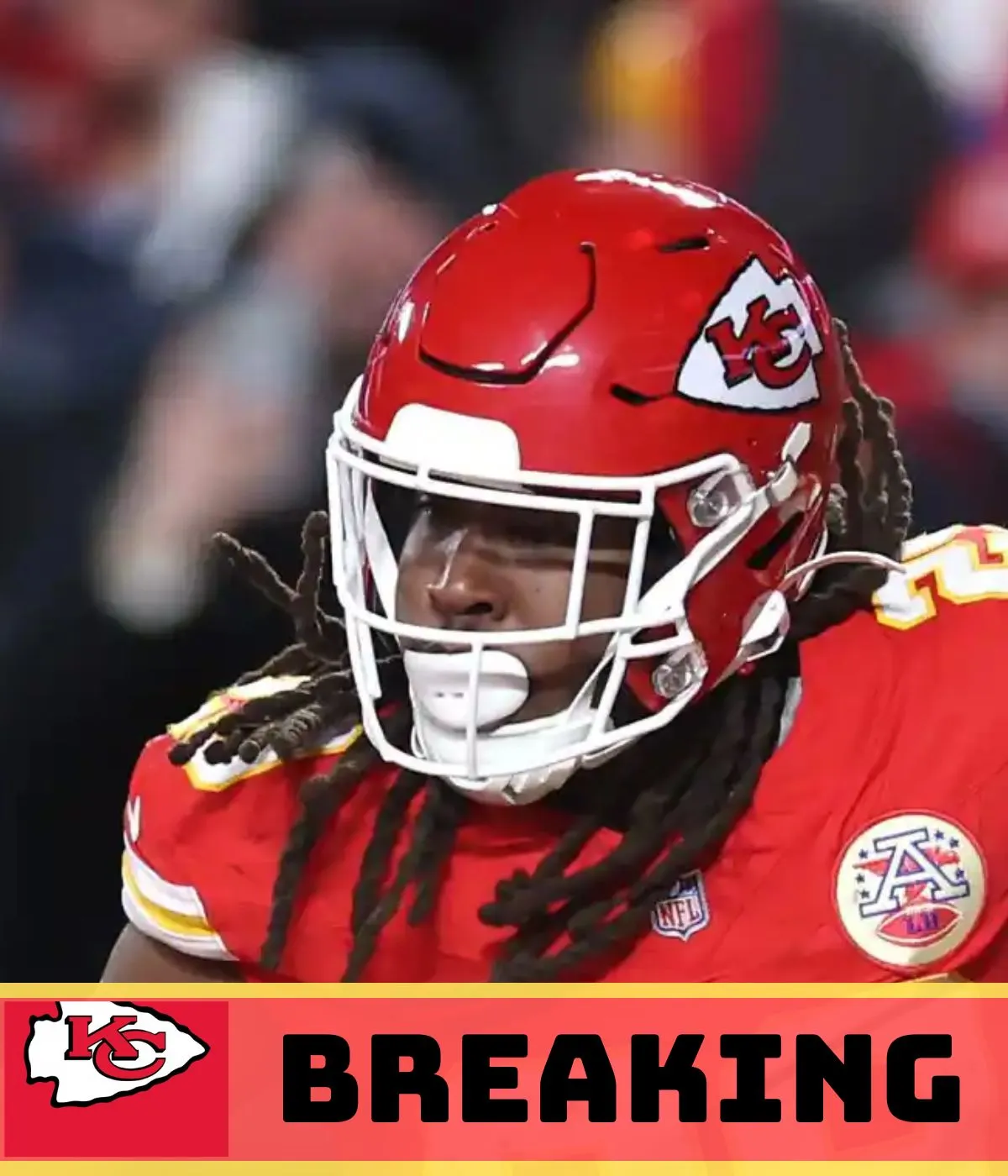The NFL offseason, mercifully, is almost complete. The Green Bay Packers will hit the practice field for the first time in training camp on July 23.
Did they do enough this offseason to thrust themselves into the Super Bowl contention?
At ESPN, Seth Walder put together final offseason grades encompassing free agency, the draft and coaching changes. The Packers were one of several teams who received a C-plus; only seven teams did worse, though.
Green Bay’s biggest move was also its worst move, according to Walder – the monumental free-agent addition of guard Aaron Banks.
A second-round pick in 2021, Banks has not been an All-Pro. He has not been a Pro Bowler. He has not been especially durable. But with a four-year, $77 million contract, the Packers paid great-player money in hopes that Banks can become that sort of player.
“The issue I have is that we don't have evidence that Banks is anywhere near that caliber of player,” Walder wrote as part of a much more extensive breakdown. “Banks is coming off his best season according to win rates, but he ranked only 38th out of 64 guards in pass block win rate (92 percent) and 46th in run block win rate (69 percent).”
According to Pro Football Focus, Banks ranked 36th in pass-block efficiency, which measures sacks, hits and hurries per pass-protecting snap. Though he was charged with only one sack, that was just ahead of right guard Sean Rhyan (39th) and former Packers guard Jon Runyan (40th).

Moreover, of a possible 68 games, Banks has played in only 53. He missed four games last season. At least the run-game numbers were encouraging.
“He’s a pretty big guy out there,” coach Matt LaFleur said during OTAs. “He’s played a lot of football, and there’s a lot of similarities in regards to the scheme from where he came from to what we do. Obviously, we know what he’s capable of doing, but it also provides us with a lot of flexibility with everyone else around him.”
The best move, Walder said, was the selection of receiver Matthew Golden with a first-round pick. The fastest offensive player at this year’s Scouting Combine, he emerged as the go-to receiver for a Texas offense that made a run in the College Football Playoffs.
“Golden gives the team No. 1 WR upside,” Walder said.
After an impressive set of offseason practices, he could earn a significant role if that carries over into training camp and the preseason.
“Oh, man, the kid’s a stud,” veteran receiver Romeo Doubs said. “Doesn’t really say much. He just comes in and works. He has been real consistent in that area. If he has any questions for me, he comes to me. If he goes to Jayden (Reed), he goes to Jayden and makes sure that he asks as many questions as he can because he is a rookie. The kid’s playing fast right now, so I’m excited to see him.”
In the NFC North, the Bears got a B-minus, as did the Lions. For Detroit, Walder didn’t like the draft, “reaching” for defensive tackle Tyleik Williams in the first round and receiver Isaac TeSlaa in the third round.
“While we don't always know how the league perceives a player, the Lions have made a habit of this inefficient behavior. It has worked thus far for this regime, but it’s still bad process,” Walder wrote.
The Vikings matched the Packers with a C-plus. Walder liked that the Vikings were going with last year’s first-round pick, J.J. McCarthy, at quarterback instead of re-signing Sam Darnold or signing Aaron Rodgers. He was less fond of signing guard Will Fries and defensive tackle Jonathan Allen.
Four teams received an A or A-minus. Three of those teams will compete with the Packers for a playoff spot in the NFC. The other is the Denver Broncos, who will face the Packers this season.
“The Broncos ended last season as the best defense in the league by EPA per play and decided to get even better,” Walder said. “They signed linebacker Dre Greenlaw and safety Talanoa Hufanga, re-signed Jones, and used their first-round pick on cornerback Jahdae Barron. This defense could be outrageous, and I like that Denver went this route.



